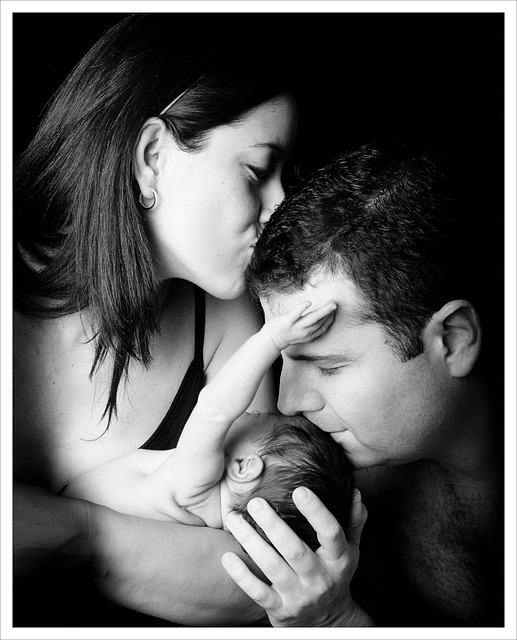When it comes to conceiving, it’s not just about eggs, sperm, and the reproductive system. The reproductive health of both partners hinges on overall well-being, which encompasses physical, mental, and sexual health.
Physical Health
Starting with physical health, many recommendations are simply common sense. For women, engaging in mild to moderate exercise is beneficial. While research on the optimal amount of exercise for conception is limited, keeping aerobic activity to around four hours a week seems to be a good target. Going beyond that can lead to lower body fat percentages, which may disrupt reproductive hormonal balance. Ideally, women should maintain about 20% body fat to support healthy ovulation. Interestingly, studies suggest that excessively lean women (those with less than 10% body fat) often face more challenges when it comes to reproduction. Evolutionarily, it’s possible that our bodies limit female fertility during times of scarcity; low body fat could signal a “starvation mode.” A 2002 study highlighted that women who exercised heavily while pregnant had smaller babies and longer labors compared to their less active counterparts. Surprising, right? Yet, a moderate amount of exercise can indeed enhance mental well-being, helping you manage daily stress and the emotional rollercoaster of fertility issues. Plus, cardiovascular fitness is a great asset for pregnancy and beyond.
Maintaining Intimacy
As many couples know, the journey to conception can impact intimacy and sex life. It’s essential for partners to be patient and work to keep the romance alive, even during the fertile windows. Sure, plan for those peak times, but don’t neglect intimacy outside of those days either! There’s no medical reason to avoid sex post-ovulation or in early pregnancy. Maintaining a fun and special approach to intimacy is vital, even on baby-making days. If stress becomes overwhelming, we can connect you with counselors who specialize in sexual health. Remember, your sexual relationship will continue long after the challenges of infertility and the arrival of your little one.
Communication is Key
A healthy sexual relationship fosters intimacy and strengthens communication, both crucial during this challenging time. Fertility struggles can feel like a crisis, bringing couples closer or, conversely, creating feelings of isolation. Open dialogue is key. Women often express their feelings verbally, while men may find it harder to articulate their emotions, especially after a disappointing pregnancy test or miscarriage. Allowing your partner time to process those feelings—perhaps through physical activity like hitting the gym—might be more effective than forcing conversations before they’re ready. But, when the moment is right, discussing your emotions openly can fortify your relationship.
Additional Resources
If you’re looking for tips on keeping your little one safe, check out our other blog post on using bug spray around infants and toddlers. And if you’re interested in boosting your chances of conception, you might want to explore fertility supplements from experts like Make a Mom. For more comprehensive information about IVF, the Mayo Clinic is an excellent resource.
Summary
Creating a supportive environment for conception involves maintaining physical and mental health, nurturing intimacy, and fostering open communication between partners. Regular moderate exercise can positively impact fertility, while a strong sexual relationship can help couples navigate the emotional challenges that arise during this journey.

